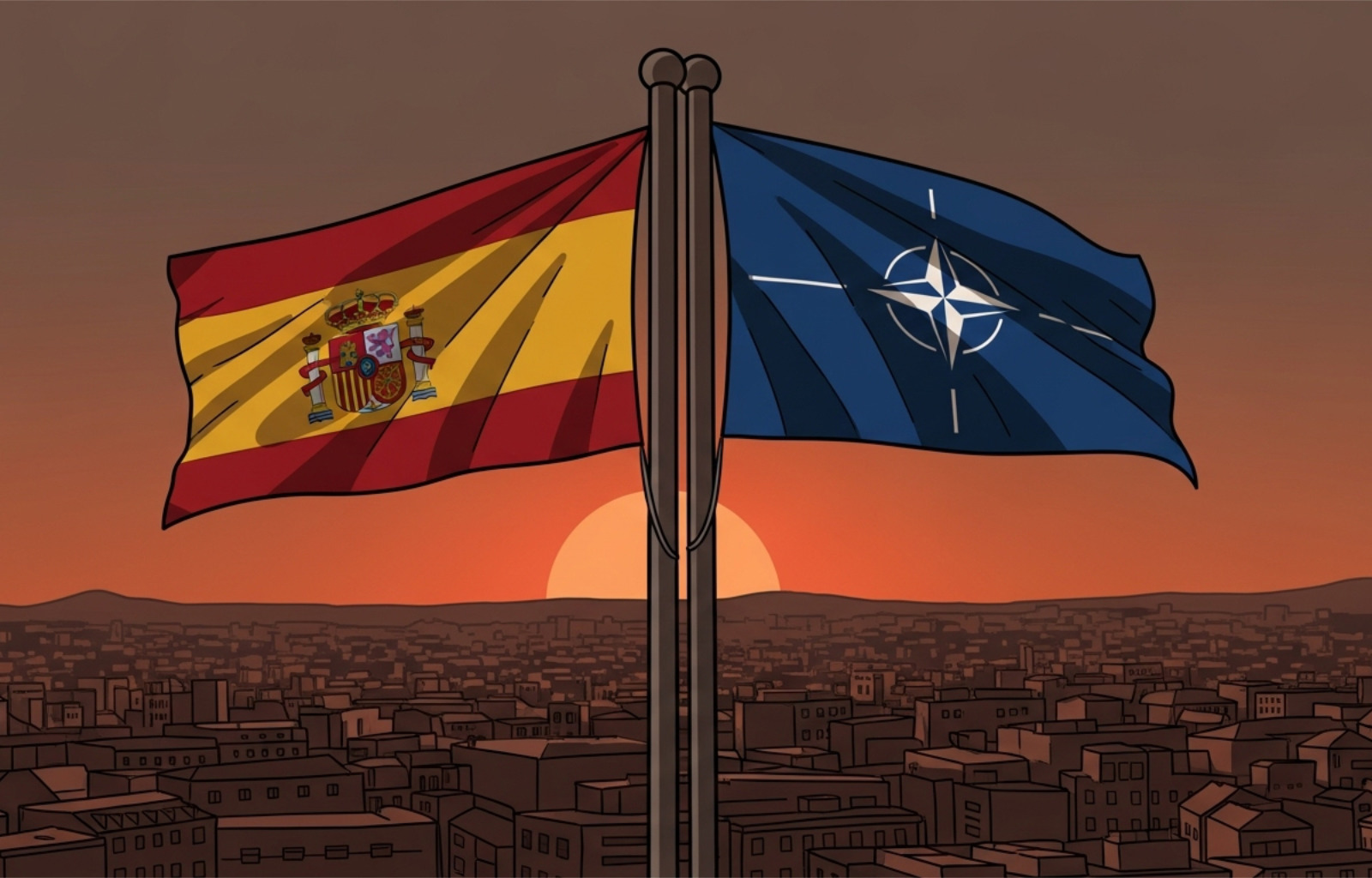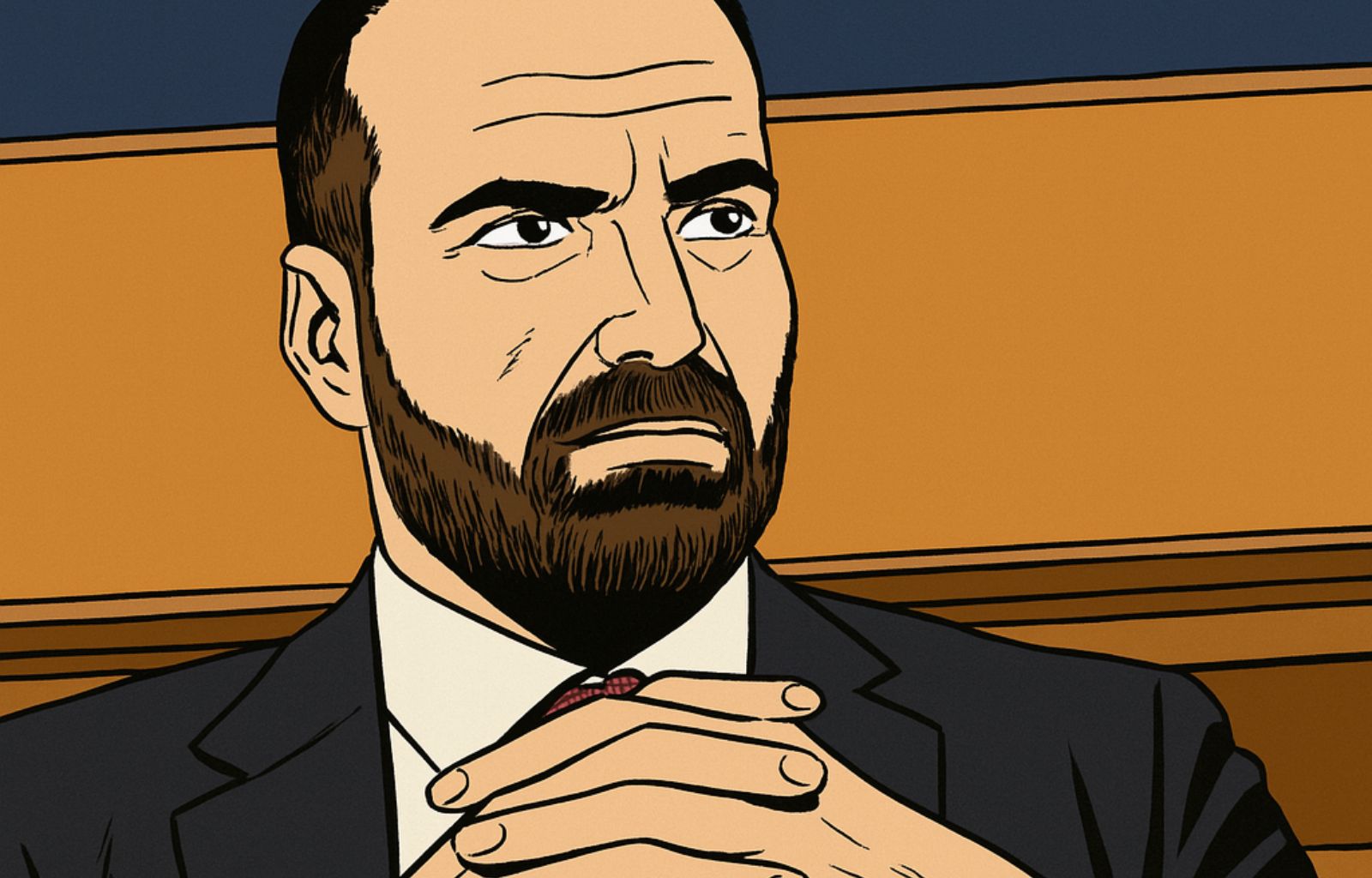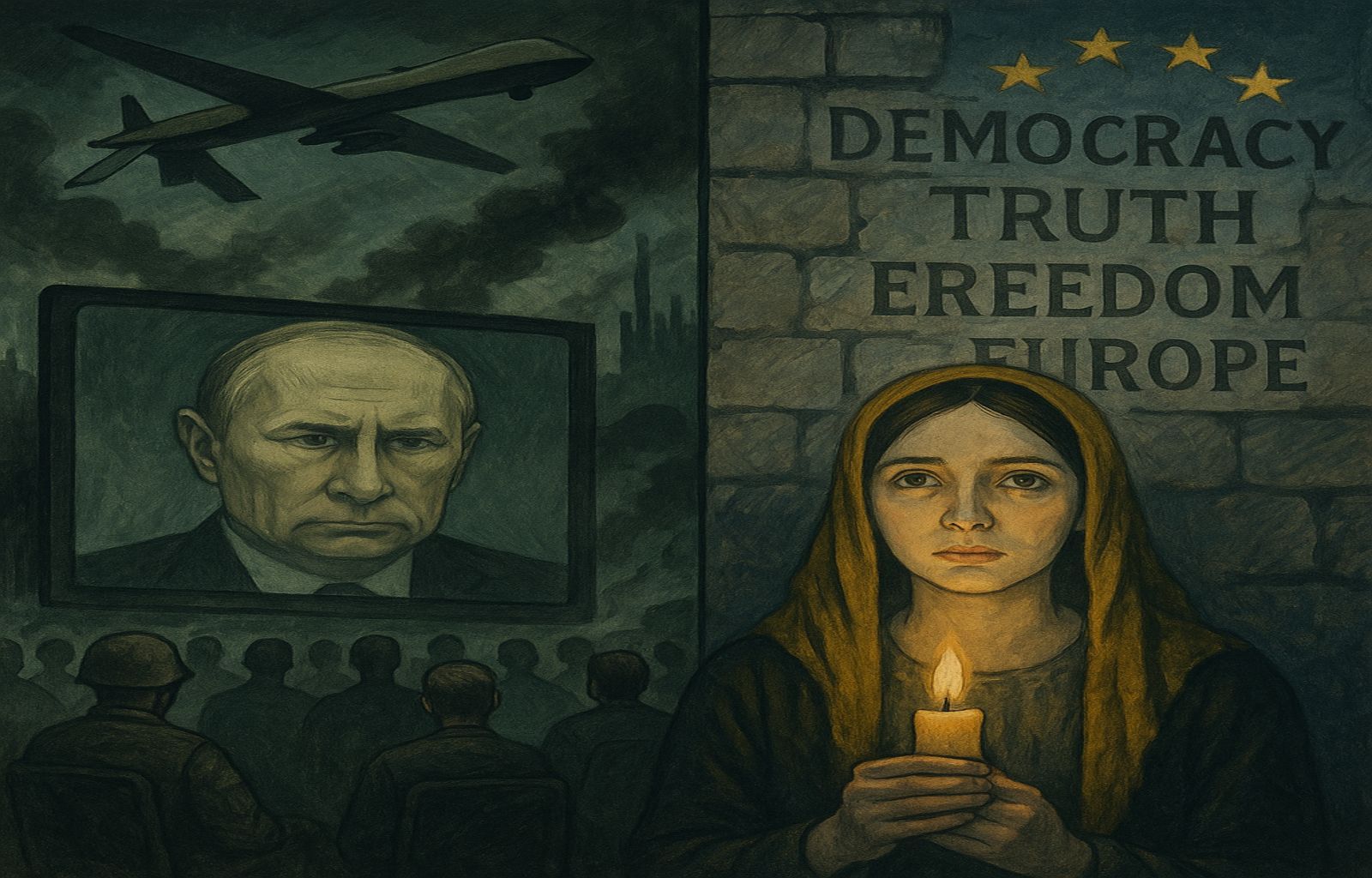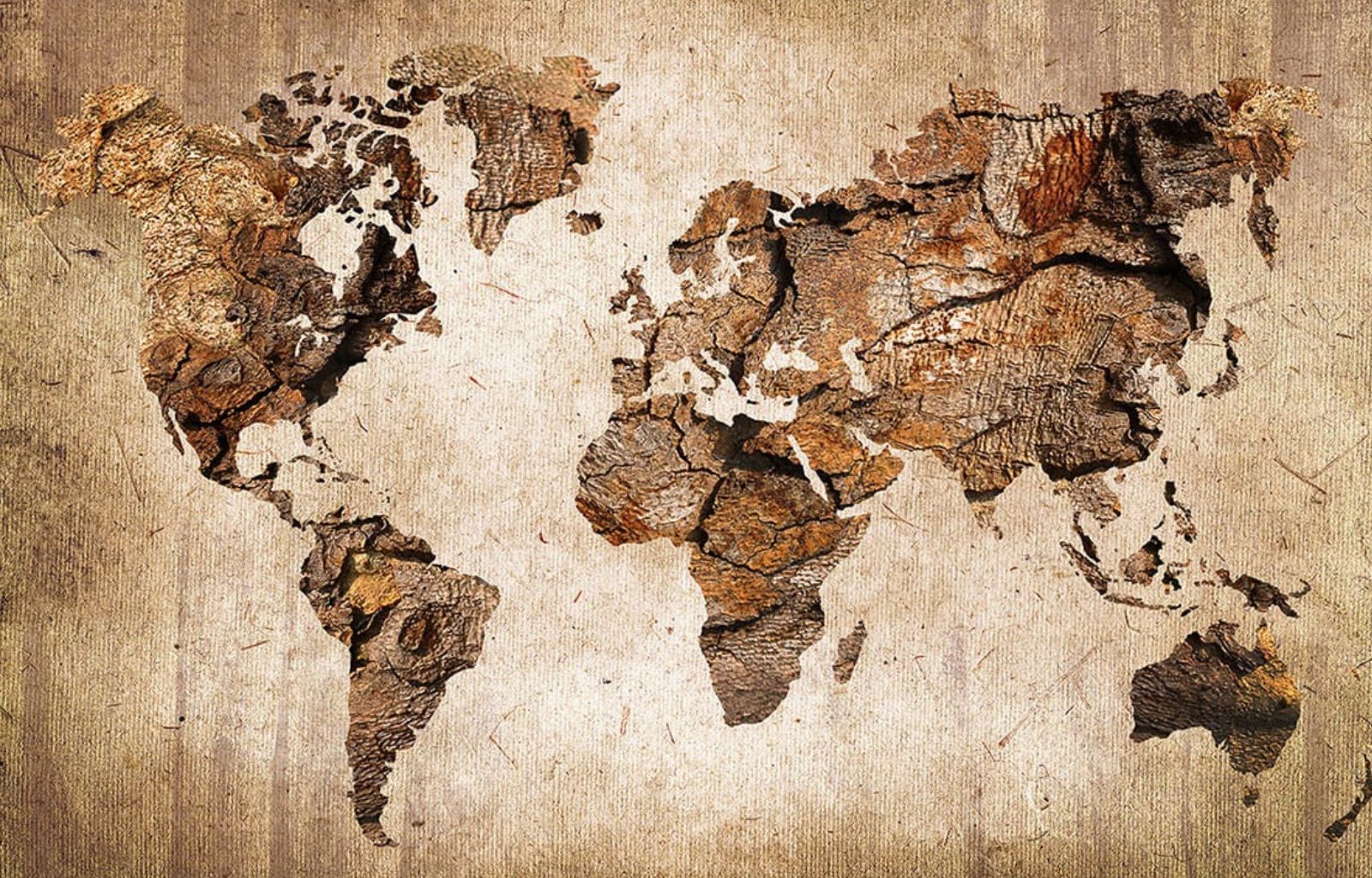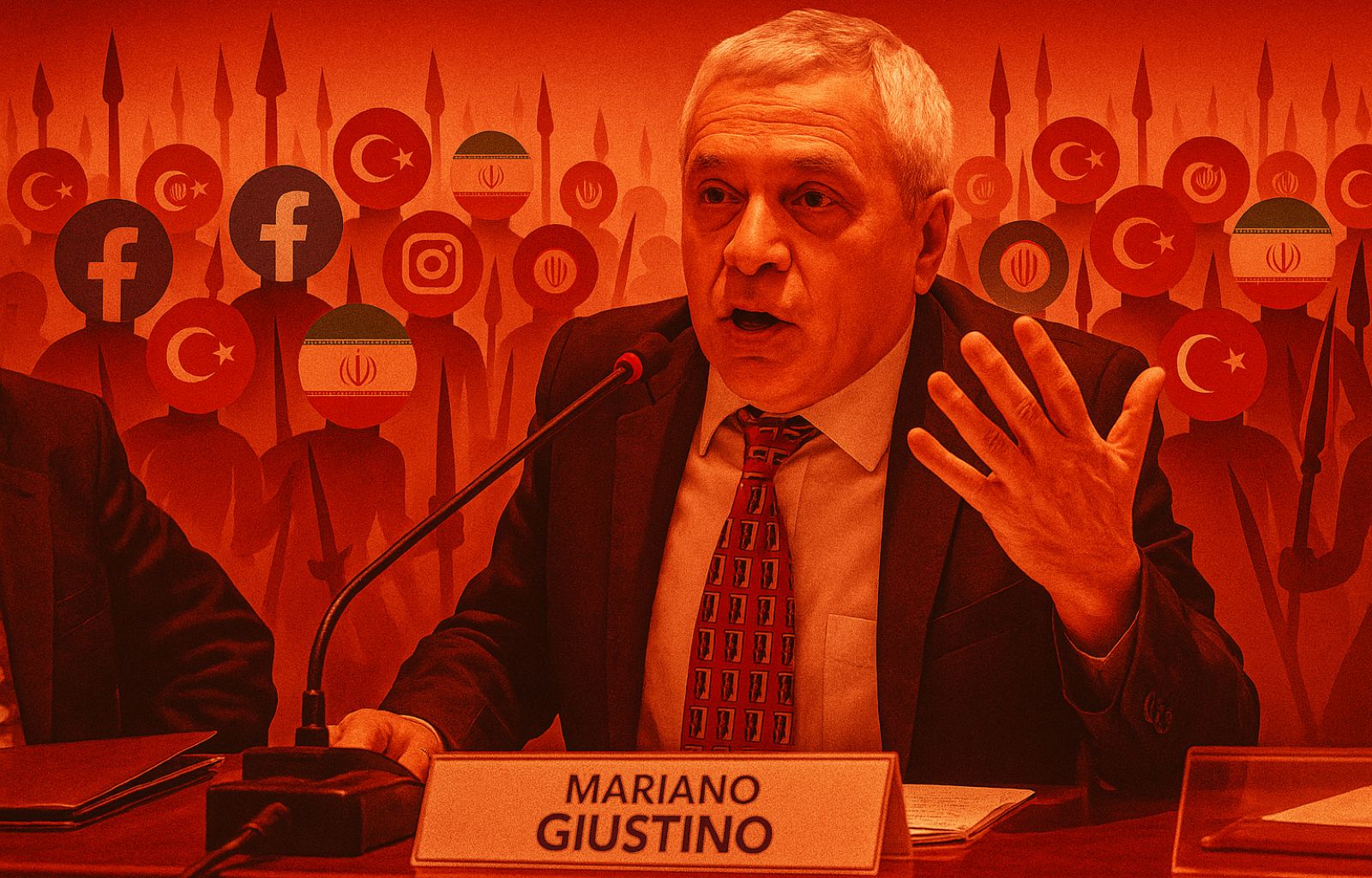Meloni pro-European? Gravity applies to sovereigntists too

There is something ironic, almost theatrical, in seeing Giorgia Meloni, once queen of the squares against Brussels and champion of the anti-euro crusades, suddenly discover that ‘united we go further’. It seems that Europe, as hated as it is evoked, has become the compass of those who until yesterday denounced every yielding as a betrayal of the homeland. A common defence, the premier says today, is necessary; a shared foreign policy is the key. Before it was lese majesty, today it is ‘realism‘. What will have happened? Perhaps what has happened is that governing is much less comfortable than waving slogans in an election campaign.
Meloni and the rhetoric of ‘differences’
The era of ‘absolute sovereignty’ is over, or at least hanging by a thread. This is understood even by those who shouted ‘no to the Europe of bureaucrats’ and now find themselves calling for a common defence. Giorgia Meloni, with the politeness of a repentant former Eurosceptic, quotes Aldo Moro and dusts off the rhetoric of ‘differences’. “Let Europe be the common house for differences,” she says, but does so with the shrewdness of one who knows that outside that house one ends up in the cold of history. Remain sovereignists, yes, but only in the European living room, which in the end welcomes everyone, even the most sceptical.

Draghi: the voice of European realism
If Meloni goes around with the little book of quotations, Mario Draghi prefers a more surgical summary: ‘We are too small to face the world alone. It is not romanticism, it is survival. For Draghi, Europe needs a shake-up, a radical change. Common debt, integrated defence, a unified economic strategy: words that sound like science fiction to the nostalgics of sovereignism, but are now the stark reality. What once sounded like the programme of a visionary federalist is now, to everyone’s credit, the only way forward.
The problem? It is not Europe, but its institutions that are dragging their feet. Europe is necessary but often clumsy, like a giant stumbling over its own shoes.
Europe is the future that resists
Propaganda, resistance, rhetorical twists: despite everything, Europe resists. Because Europe is not a project, it is an inevitable destiny. When even those who have spent years fighting it find themselves defending it, it means that reality has become overwhelming. United or irrelevant: this is the crossroads, and today it finally seems clear.
The real problem, if anything, is that this awareness always comes too late. It takes wars, economic crises, planetary emergencies to make people understand what Draghi repeats with sober clarity: ‘If Europe doesn’t move, it will shut down‘. It is both a warning and a promise. Whether it is heeded or not remains to be seen. But at least, for now, we can smile at the paradox of seeing Giorgia Meloni become the spokesperson for a united Europe: proving that time, or perhaps the force of gravity in Brussels, really does change everyone.


